
Preparing Horse Farms for Winter Weather Disasters
Plan ahead to keep family, employees, and horses safe during a winter weather disaster.

Plan ahead to keep family, employees, and horses safe during a winter weather disaster.

Round broodmares grazing on lush pastures might make an idyllic picture, but danger could lurk in the grass. Download this special report to learn more about fescue toxicosis, its cause, prevention, and available treatment.
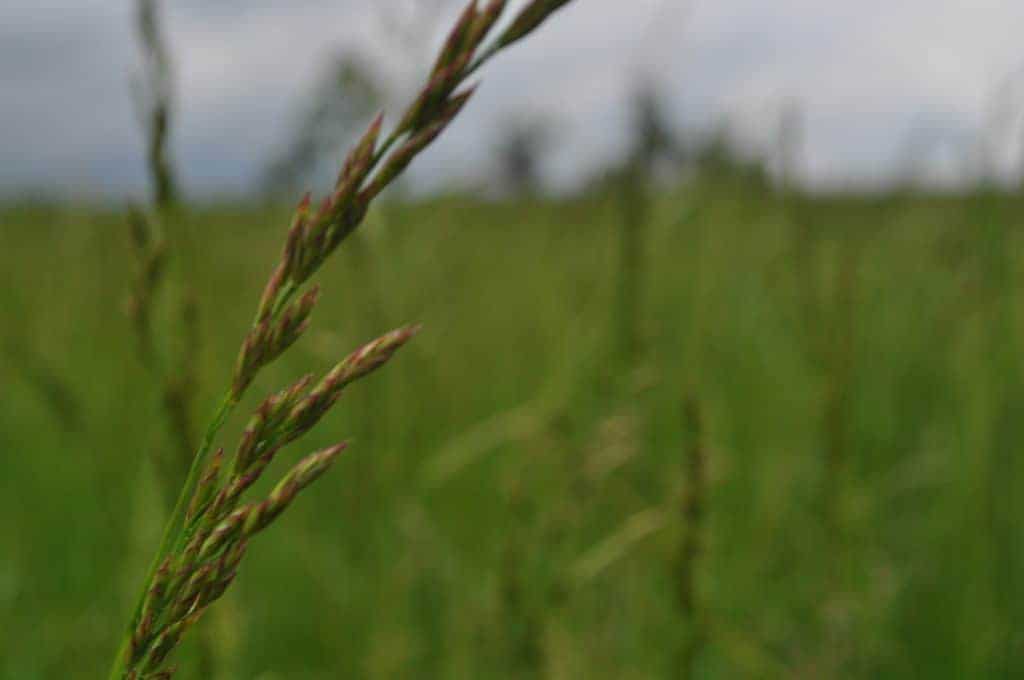
Tall fescue is one of the most widely grown perennial grasses in the world and covers approximately 37 million acres in the United States alone. But some varieties can be detrimental to horses. Here’s what you need to know if you have tall fescue in your pastures.

Winter is a great time for planning. Here are some tips for planning, prioritizing, and tackling your “to do” list.

In this two-part presentation from the University of Kentucky, learn about “Research Into Managing Horses and Cattle on Fescue Pastures” from Dr. Jamie Mathews and “Grazing Mares on Novel Endophyte Fescue” from Dr. Karen McDowell.

Is it dangerous for my horse to graze near areas with black walnut trees and walk through fallen walnuts?

From hydration to irrigation, learn how to combat challenges that come with caring for horses in arid climates.
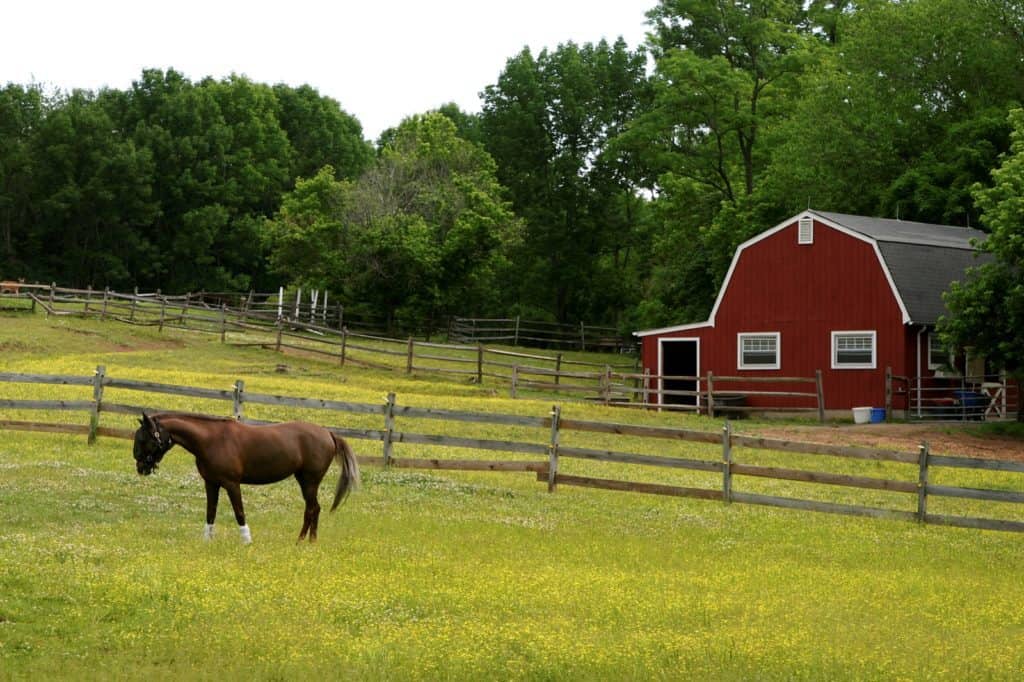
Proper management of pastures on small acreage can mean better grazing for your horses and reduced hay costs.
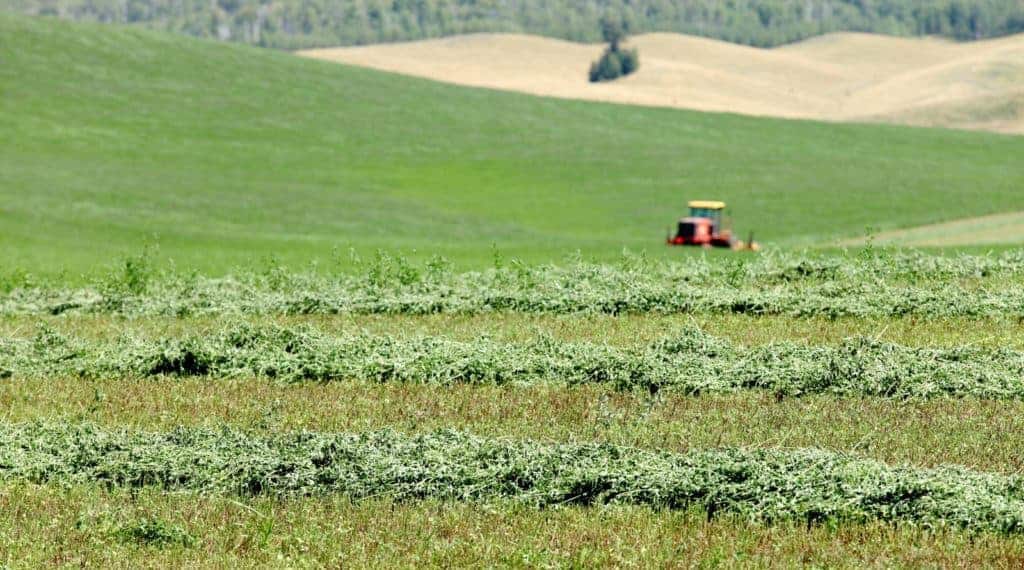
When harvested correctly, alfalfa is a high-quality source of protein and calcium for horses.

Caring for pastures by preventing overgrazing in the winter can increase spring and summer yields.

Equine atypical myopathy and seasonal pasture myopathy are caused by eating maple tree seeds or saplings containing hypoglycin A.
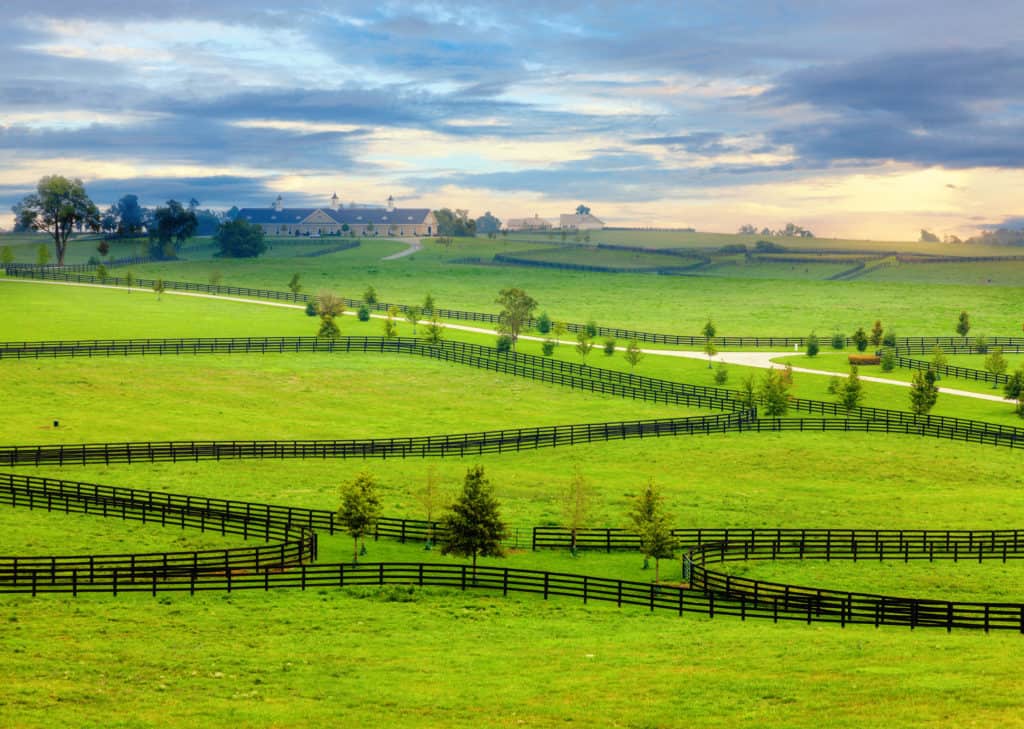
Cost-sharing programs can cover 50% to 90% of the actual costs, allowing horse owners to invest in farm improvements that might otherwise be out of their budget.

Bare pastures and potential hay shortages, coupled with winds blowing seeds from laden sycamore trees, have created the “perfect storm” to increase the risk of atypical myopathy in grazing horses in Britain, BEVA warns.

Researchers know that feeding horses ground endophyte-infected tall fescue results in palmar artery vasoconstriction, so scientists tested whether broodmares could experience decreased blood flow to the uterus, which could negatively impact their foals.
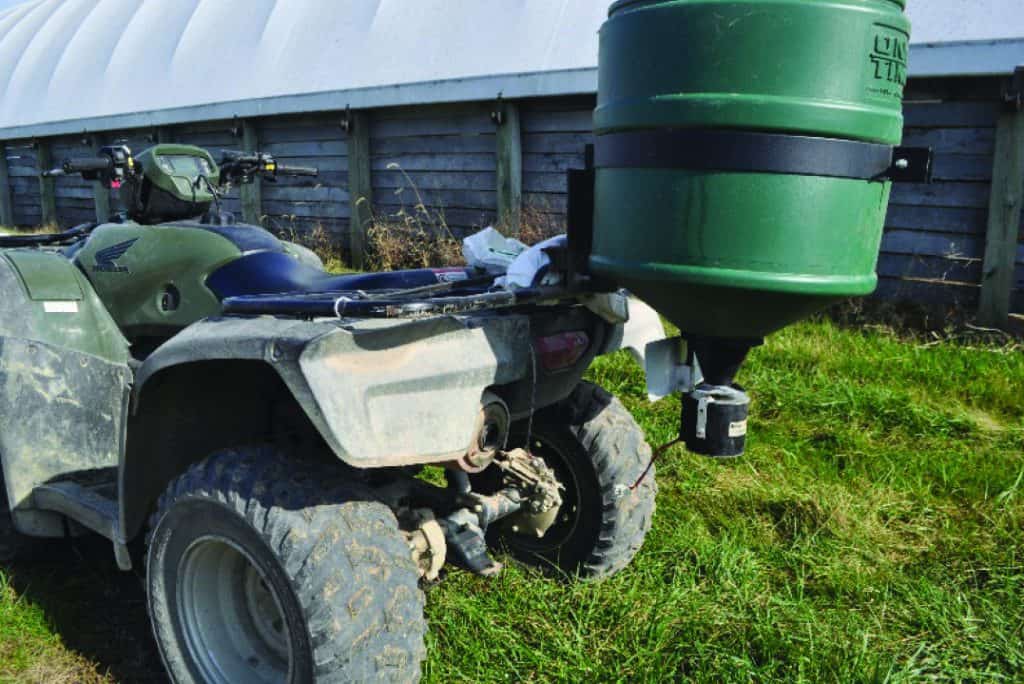
Fall is prime time to invest in pastures to protect them before and throughout the winter to ensure good grazing in the spring.

Find out how to construct safe, aesthetic, and eco-friendly confinement areas on your horse property.
Stay on top of the most recent Horse Health news with
Notifications